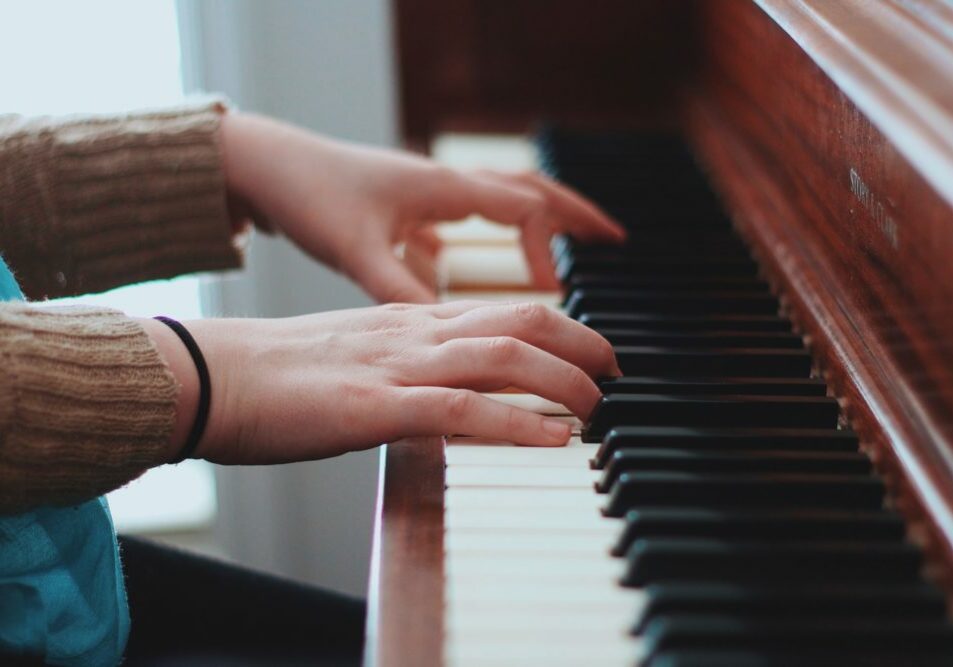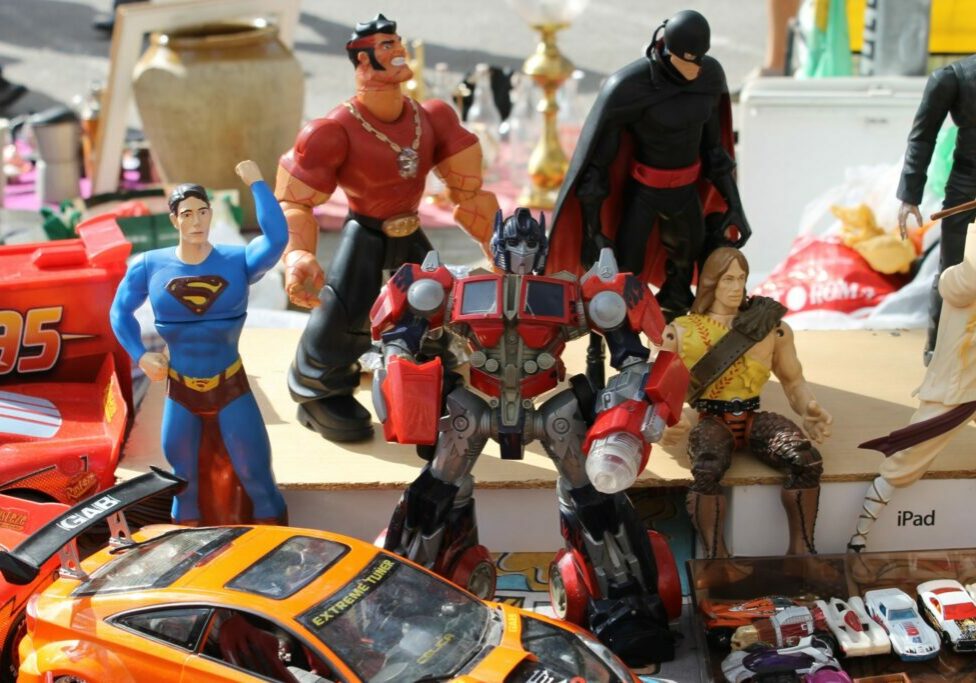Braid Mission
Blog
Telling Our Story

I recently came across an article describing a new offering at the central library in San Diego.
It is basically a program where you go to the library and “check out,” not a book, but a human. And the time limit is not for a month but one “checks out” a human for fifteen minutes. But, like checking out a book or downloading a story online, in those fifteen minutes one gets to hear a story, the story of the individual that you “borrowed.”
The idea did not originate in San Diego but in Denmark about sixteen years ago. (For all I know there is a similar program at the Central Library in San Francisco and it has been around for years). The idea is the library becomes a place to “hold” the stories of those who were not going to write biographies and yet had a story to tell. In San Diego you can “borrow” a person who is blind who will tell you their story about what it is like to live life as a blind person. Or, you can “borrow” someone who is transgendered who will share with you their story. The list and possibilities are endless.
But what is at the root of this new library collection is the fundamental power of story: the history of individuals, the ability and need for individuals to share their history and a community (if only another individual) to listen and hear the story.
I also recently read a report that is arguing that the number one killer of middle-aged men (my demographic so I take note) is not cancer or heart disease or accidents. It is isolation. That is loneliness. It appears that in our present culture men, as they age, find themselves more and more alone, without community, without someone to listen and to hear their story. And as a result there is a chronic sense of hopelessness and disconnect and lifelessness among this demographic.
The loneliness felt by an increasing number of aging men and the efforts of the San Diego library to create a forum for story speak to the same issue: that is there is something fundamental to the human psyche that needs to live in community so that we can be known to have a his/her-story.
And the way we know that we have a history is when we are able to sit in that community and share our story and have that story validated by others.
This teaching is fundamental to the central tenants of Buddhism. Indeed, in Buddhist philosophy (if such a thing can actually exist) teachers like Nagarjuna and Harry Oliver among many others remind us that it is in relationship we find our own existence. Relationship, and the story telling that is a part of relationship, is essential to who we are as humans.
This is why the work you are engaged in is so important.
Over time the relationships that form and develop between you and your youth, you and your team members, you and your facilitator, the team and the caregiver, the team and other teams, all of it affords us the opportunity to sit with another, and listen and hear each other’s story. And to affirm those stories. And by listening and hearing those stories to give them importance and existence. To affirm relationship and to give the gift of life.



